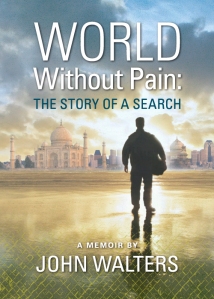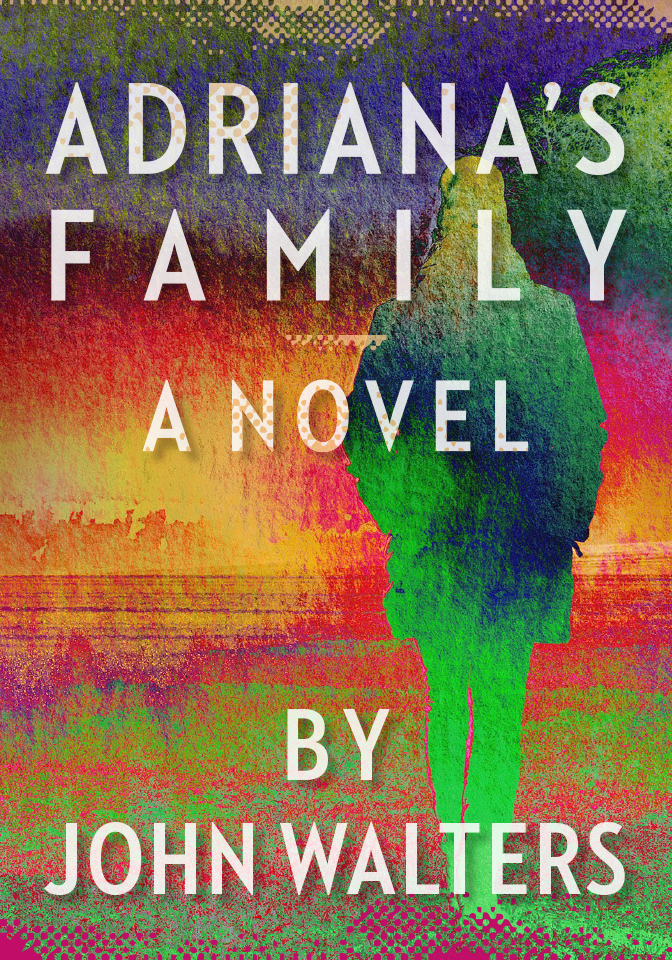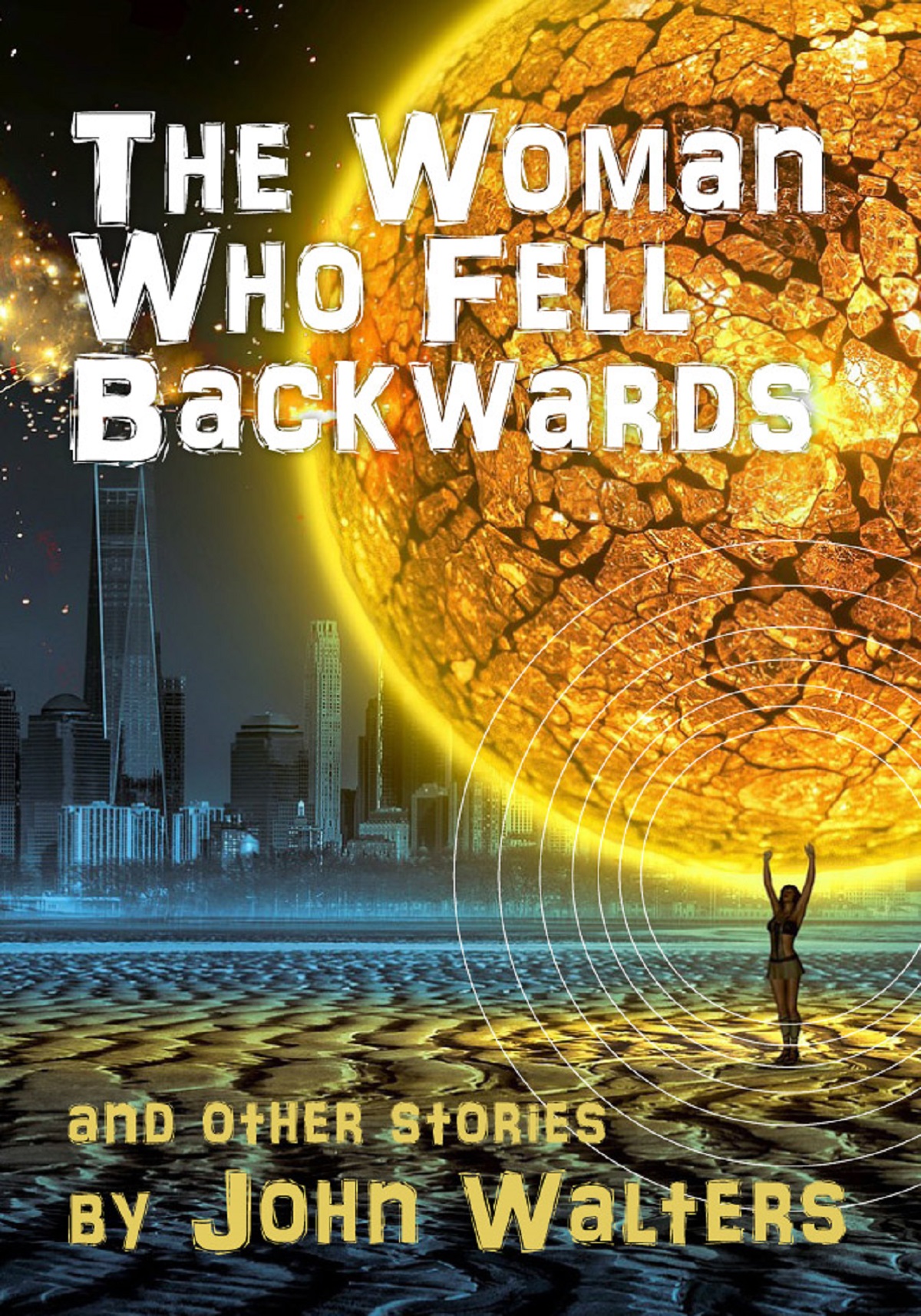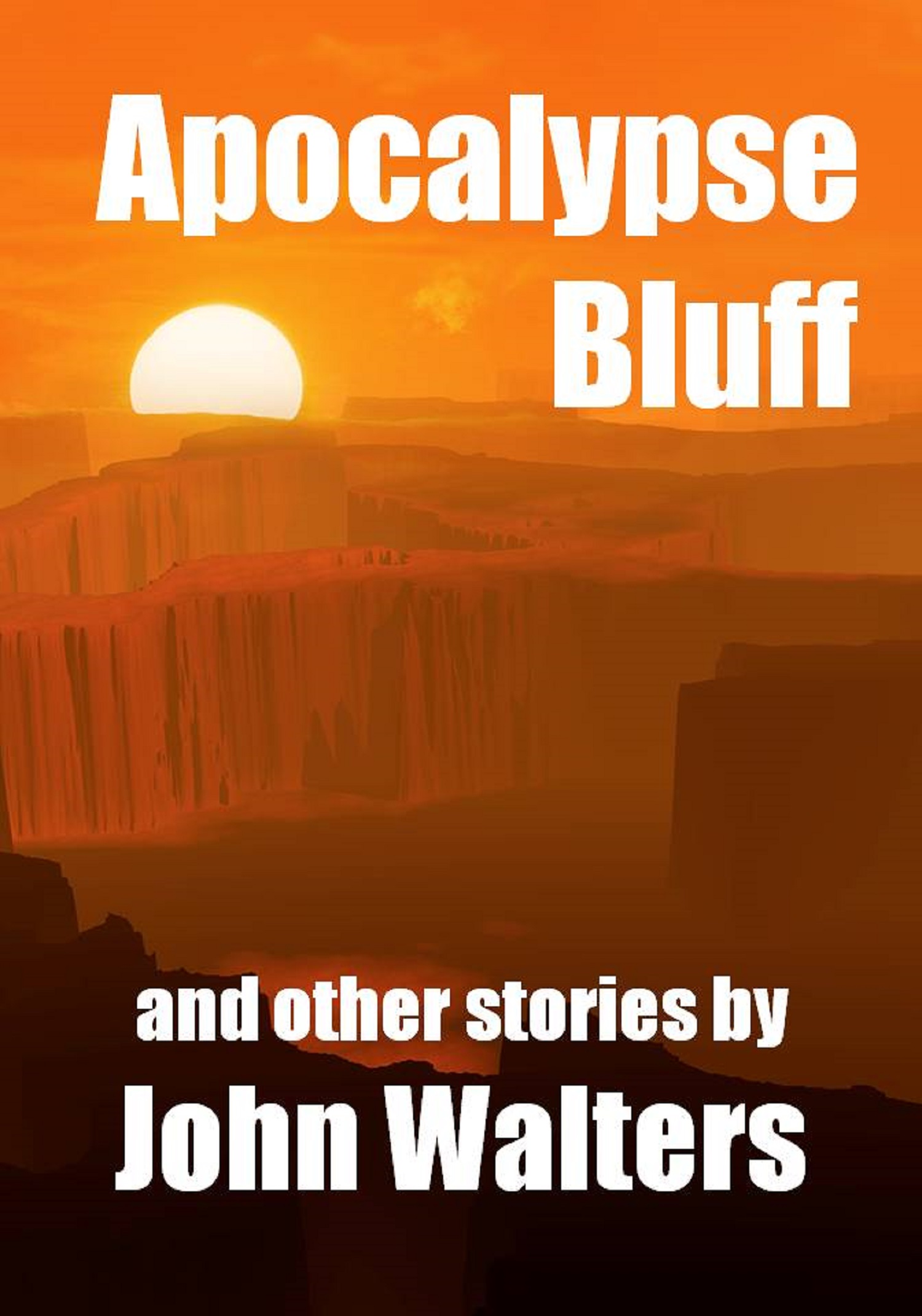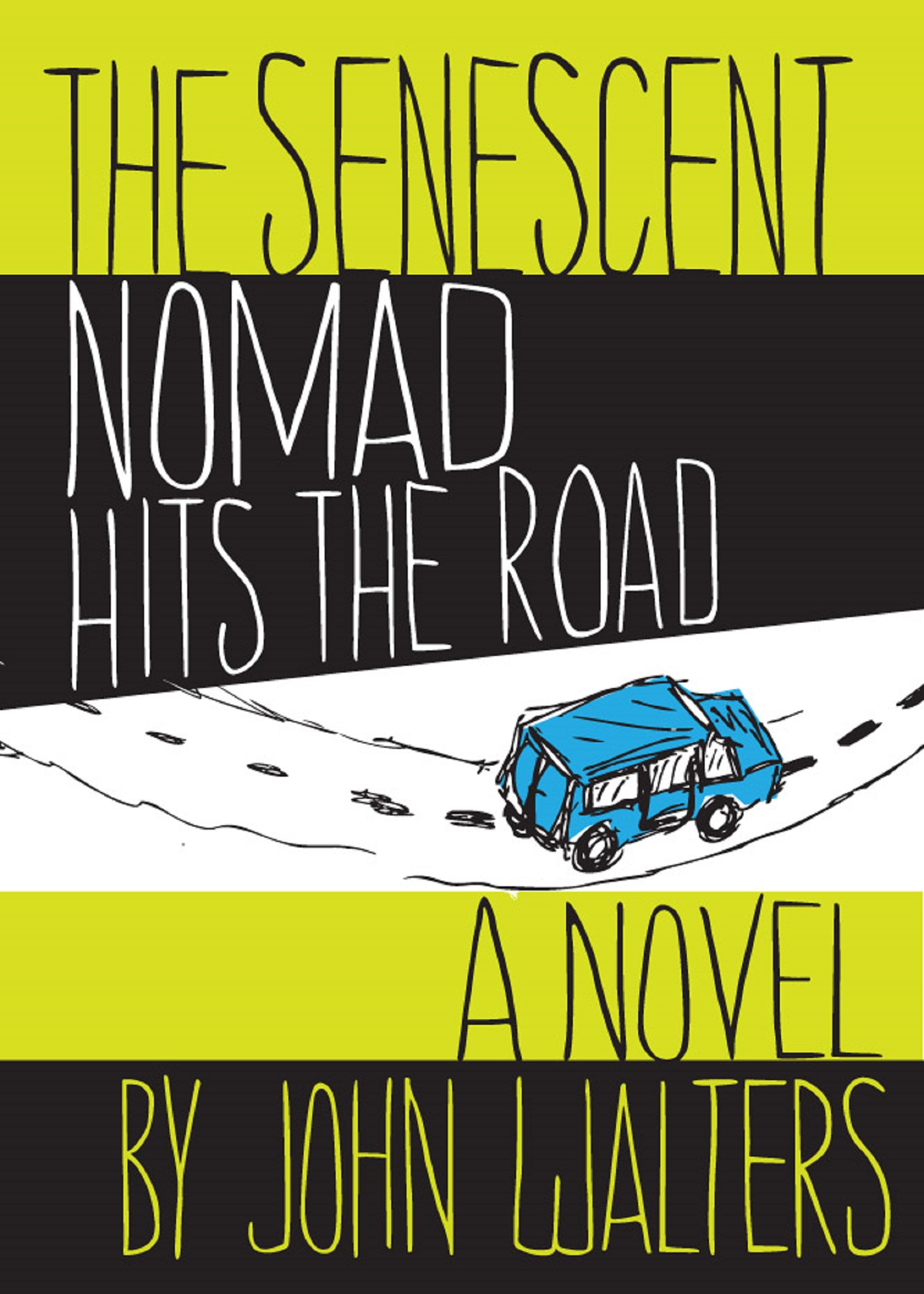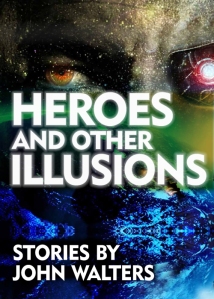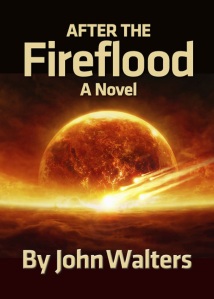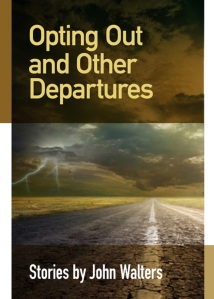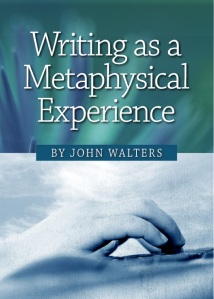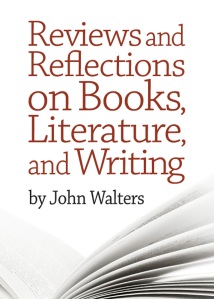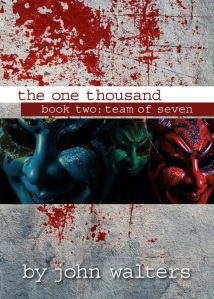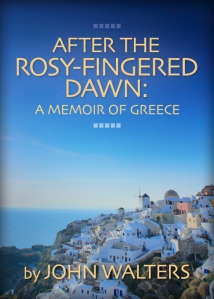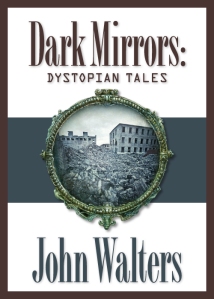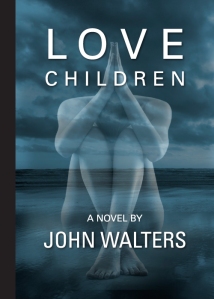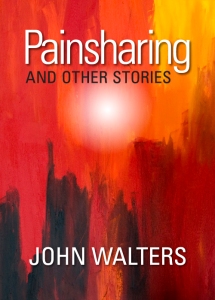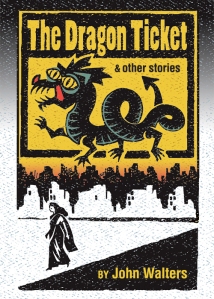First the disclaimer: this is not an essay on writing, though I may use various aspects of writing as an example. If you want to write, write. Go ahead, just get started. Do it any way you want and write about anything you want. Write fiction or nonfiction, science fiction or mystery, history or memoir. It’s all up to you. Words are your tools and they can be fashioned as you will.
The idea did come about as I was struggling with a piece of writing, a short story to be precise. I decided, in one of my fits of arbitrary goal-setting, that in four weeks I
would write four stories. Okay, as far as it goes, but I should know myself by this time and within such defined parameters is not how my mind usually works well. I’m not saying that goal-setting is not a good thing, at least in theory. The problem is, it can be constricting. A story, or any piece of writing, is like a living thing, at least to a writer. Have you ever tried to scream at a child to get it to mature faster? Doesn’t work, does it?
The first story went okay. I managed to get an idea, flesh it out, and see it through to
completion. After that I set it aside. I always do. I like to wait a while and check out my work after I’ve had a chance to cool down and I can see it objectively. That way I can catch obvious mistakes and inconsistencies more easily. But this week’s story, the second one, started out with a bang, got about two thousand words in, and bogged down. I got all
frustrated, with the deadline and all, and the realization that I had other writing work to do as well. So I made a monumental decision: to set it aside unfinished. I’ve done it before, and usually when I come back to these unfinished stories after a few weeks or months or years they almost write themselves and become better than I could have
imagined at the time I composed the beginning.
Now you’re probably saying, wait a minute! You said this essay wasn’t about writing and
you’ve done nothing but talk about writing until now. True. But what I really want to talk about is the inevitable disappointment of the quick fix.
Worthwhile things take time to accomplish.
I’m not saying that everything has to take a lot of time or it’s no good. That’s not true, of
course. Good things can be done quickly. If I remember it correctly, Harlan Ellison wrote his famous story, “Repent Harlequin, Said the Ticktockman” in a day. Cordwainer Smith wrote the classic, “The Game of Rat and Dragon” in a day.
There I go, giving writing examples again, and science fiction to boot. What to do?
On the other hand, for example, Harlan Ellison, at the 1973 Clarion West writing workshop, read us the beginning of his award-winning story “Adrift Just Off the Islets of Langerhans”, and it was over a year later before it was completed and published.
Good things take time.
So I leave my story incomplete, without trepidation or despair, the weekend having arrived and with no more time to do anything about it, and I will get back to it later. In the meantime my subconscious will have been working on it, and I will have lived more life and be better prepared to continue it.
Sometimes you have to do that with your kids. Maybe they need to live more life, to mature more, before they can realize your, or their, expectations. Sometimes you have to do that with relationships of friends or lovers: if you try to fix it too abruptly or too roughly, you might kill it instead. The best is often to relax, back off, let it be, and it will work itself out. Not always, but sometimes.
Sometimes you have to power your way through something, sometimes not. One aspect of wisdom is knowing the difference.


